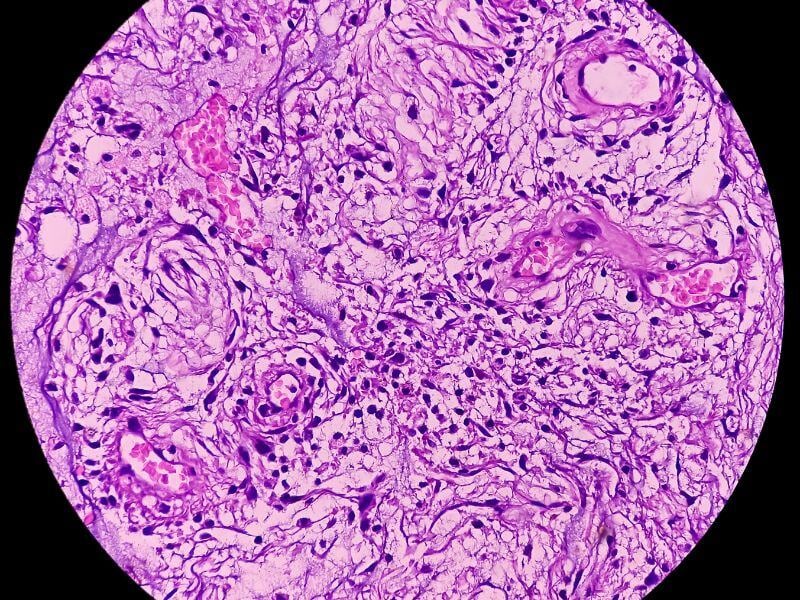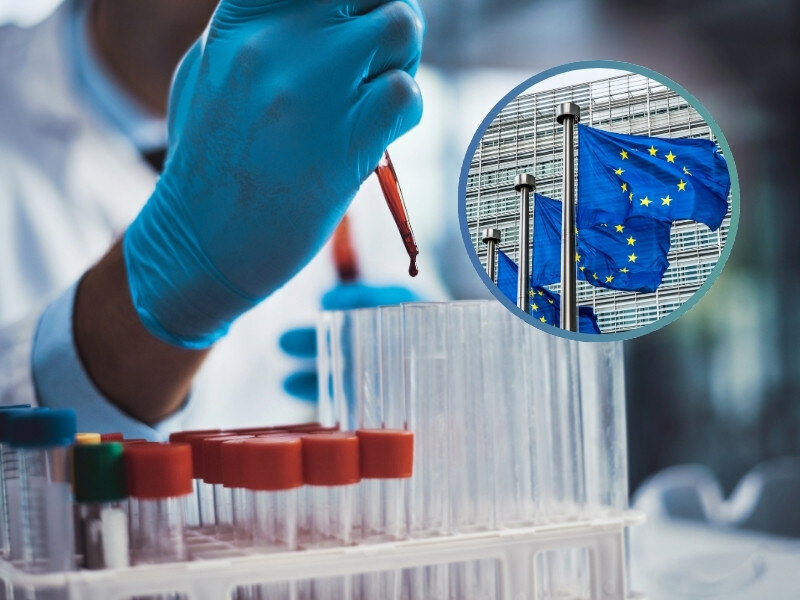Hope for New Prognostic Biomarkers & Therapeutic Options From Tumour Metabolism-Targeting Breast Cancer Study

A study published in Nature Communications has investigated the relationship between the immune system and the cancer metabolism and how this relationship changes during treatment. The study has uncovered new understandings about the relationship between the tumour metabolism and microenvironment and could prompt the development of novel biomarkers and immunotherapies.
The researchers out of Karolinska Institutet, Stokholm, Sweden, used multi-omics techniques to analyse tumour tissue samples before, during, and after neoadjuvant chemotherapy (NAC). They took the samples from patients with breast cancer and characterized their immunometabolic profiles using proteomic, genomic, and histopathological techniques.
Read more:
Theodoros Foukakis, a researcher at the Department of Oncology-Pathology, Karolinska Institutet, led the study. He told KI News: "We used multiple ‘omic’ analyses to examine metabolic reprogramming within the tumour microenvironment (TME) in breast cancer and studied whether and how it evolves during neoadjuvant chemotherapy. We identified targetable vulnerabilities of immunometabolism with the potential to be exploited in immunotherapy combination strategies."

Theodoros Foukakis. Photo: Ioanna Markaki
The Karolinska team examined the 'metabolic reprogramming' and found changes in immune state, tumour metabolic proteins, and tumour cell gene expression due to NAC and were able to link these changes to treatment response.
They identified discrete immunometabolic states which reflected whether a tumour was 'hot' or 'cold'. This led them to conduct in vitro testing which targeted the tumour metabolism to modulate the immune system in the tumour microenvironment.
Results from the testing showed that interplay between the tumour microenvironment and these immunometabolic states was associated with patient outcome. This supports the idea that the tumour metabolism can provide useful prognostic and response biomarkers which could help steer treatment options. Furthermore, proteins within tumour metabolism may prove to be useful targets for new therapies.
Related Resources
.png)






